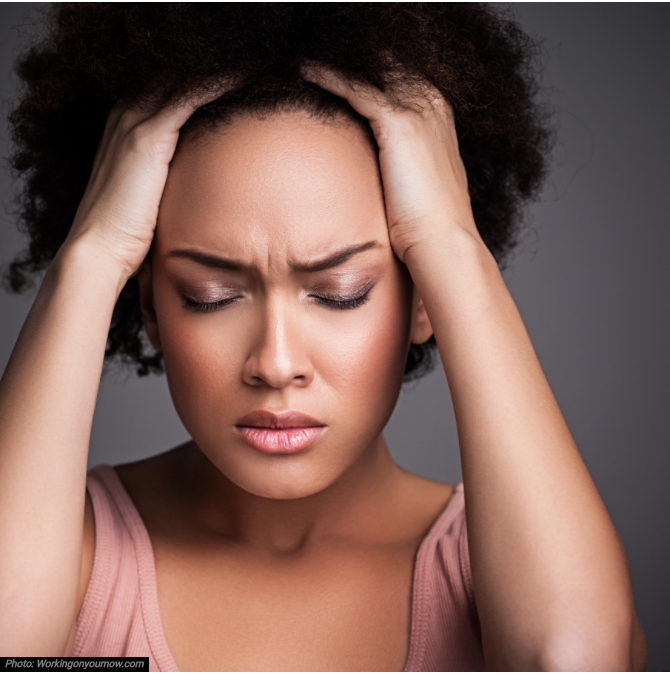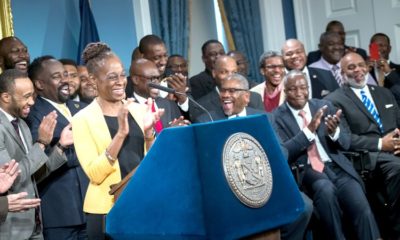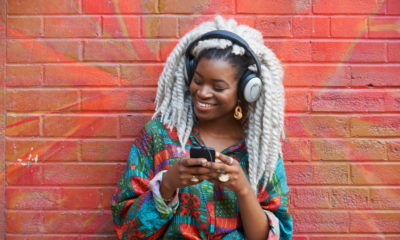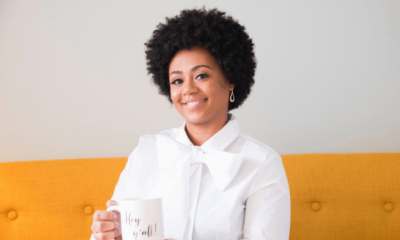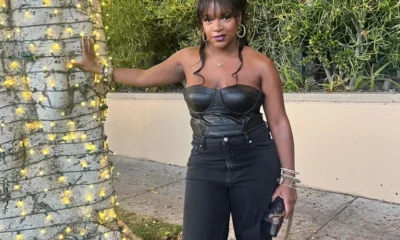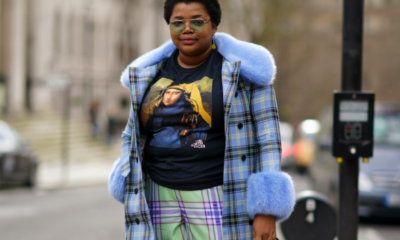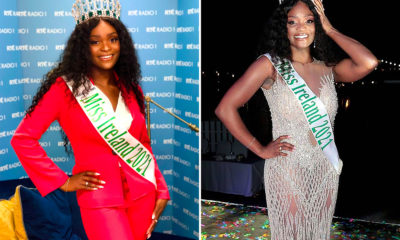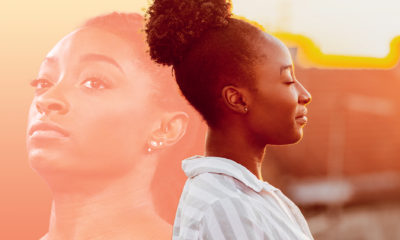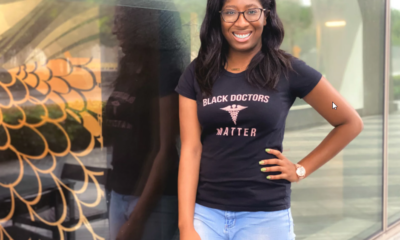Beauty and Health
Woes Of The “Strong Black Woman”: Mental Health Is Very Real For Us
It’s not easy wearing this crown
I was always taught to be strong. At a ripe young age, I knew that there was very little room for crying, but plenty of space to fashion a thick skin, and put on a convincing poker face to mask my emotions. See, I knew that I was black, and I knew that I was a girl. As if my chips were not already stacked against me for wearing my colored skin, based on society, I had been dealt a bad hand for my sex as well.
I carried my melanin and these branches in my womb and wore this poker face. It took me far until I was faced with my most daunting opponent: to move away from home and attend college. Rather than experiencing excitement and a small case of nerves, I felt depression and anxiety seat itself deep within me, shaking me to the core. It was my turn at life and I had to play my cards right, that’s when the poker face began to crack, and I keeled over from what I’d been carrying.
Black women experience higher average rates of mental health problems because they face negative psychological effects that result directly from their experiences as Black Americans. There are caveats in the Black community that have exacerbated these effects.
Adult African Americans are 20% more likely to suffer from serious psychological distress than whites, and 56% of Blacks are more apt to look at depression as solely as a sign of aging. Members of the Black community are not as open to acknowledging mental health issues, have a lack of knowledge of these issues, and are subject to negative stigmas and stereotypes that are attached to them that deter seeking treatment.
The “strong Black woman” stereotype is one that exhibits these deterrent effects, often causing Black women to not confront their issues and convinces them that they are not “allowed” to experience depression. As noted by a Huffington Post article, author Melissa Harris-Perry of “Sister Citizen: Shame, Stereotypes, and Black Women in America” outlines the negative implications of this stereotype by stating:
Through the ideal of the strong black woman, African-American women are subject not only to historically rooted racist and sexist characterizations of black women as a group but also a matrix of unrealistic interracial expectations that construct black women as unshakeable, unassailable and naturally strong.
I could hardly get out of bed some days. I found myself fighting off the chokehold of anxiety for every assignment, something simple as reading for the class made my tough skin crawl.
My third year, I felt myself buckle from the mounting pressure. I started to sweat in the face of my opponents, anxiety, and depressive moods. I sought help from my advising dean and came to realize the severity and the importance of what I was battling. This was and is not something I could just “get over” or “let pass”. I was learning that this poker face was not going to cut it.
Not many Black women take this route. Many do not have access to treatment. Socioeconomic status and health are linked in that being lower on the totem pole can impede one’s ability to afford health insurance and healthcare services. According to the National Poverty Center, Black people experience higher levels of poverty, exceeding…
Please read original article- Woes Of The “Strong Black Woman”: Mental Health Is Very Real For Us



